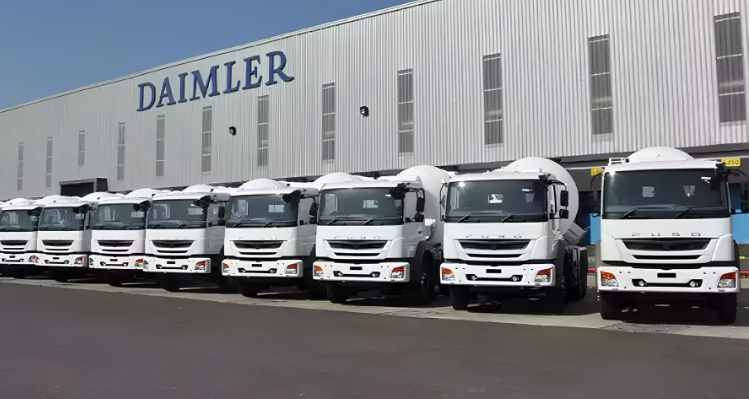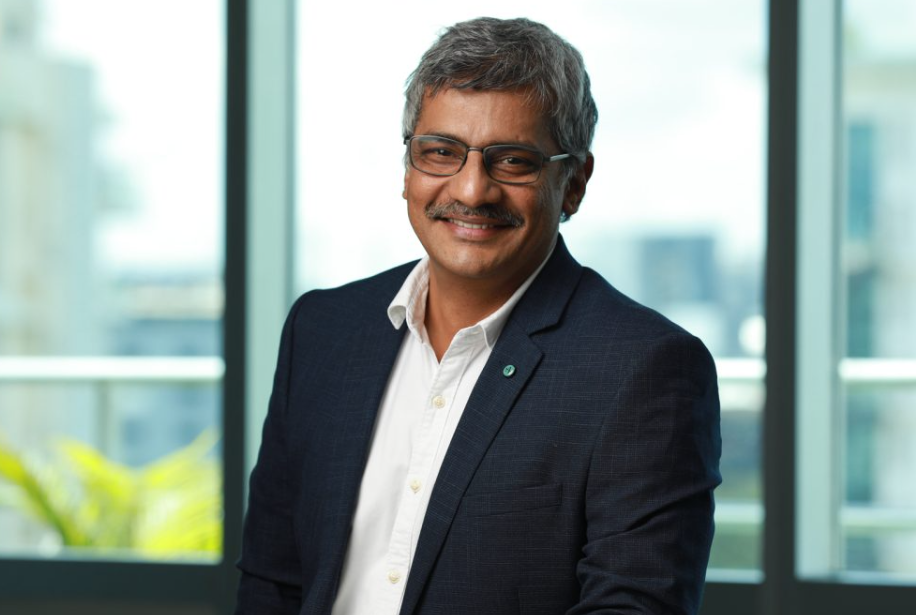
New Delhi: The road ahead in 2025 in the auto industry is driven by clean mobility and innovation. One such software-driven company that acts as the backbone for innovations and advanced technologies in the Daimler Truck operating system is the Daimler Truck Innovation Center of India (DTICI).
The company which is aiming to transform a mechanical piece (CV) into a software-defined vehicle believes in clean mobility fuel solutions for the CV industry. However, DTICI believes decarbonisation is a goal that is yet to be fulfilled by the commercial vehicle industry. This shift will follow a fast momentum through the adoption of alternative fuels such as hydrogen, biofuels, and renewable energy, along with innovations in fuel cell technology for abiding by strict emission standards while ensuring high performance.
“I think decarbonising the world using software is a major trend and biggest challenge,” Raghavendra Vaidya, MD and CEO, of Daimler Truck Innovation Center India told ETAuto.
Collaboration paving the way to advanced technologies
Recently, a major transition in the willingness of multiple auto companies to collaborate on the development of software platforms, boost vehicle connectivity, and promote cleaner mobility has been observed.
The government and multiple auto players have collaborated to accelerate advanced technology and sustainable infrastructure building for commercial vehicles. However, another aspect that acts as a roadblock for green mobility is the cost parity between zero-emission and fossil-fuel vehicles.
“The products are here, we just need a good infrastructure,” stated Vaidya. He further emphasised the role of partnership (between the OEMs). Recently Daimler has collaborated with Volvo to develop a software-defined vehicle platform for heavy-duty vehicles and drive the industry transformation.
The company is also in talks with another leading OEM to produce the ‘next generation SDV stack together,’ informed Vaidya. The collaboration aids in developing advanced technology solutions, with next-generation connectivity solutions, active safety systems, and machine interfaces.
Business for technology
DTICI, which is headquartered in Bengaluru, is the largest center (R&D) hub for Daimler outside Germany. Daimler Trucks owns multiple brands such as Mercedes-Benz, Freightliner, Western Star, Thomas Built Buses, FUSO, Bharat Benz, and Setra. DTICI has reprioritised its business strategy, the company is focusing more on boosting its business using technology, stated Vaidya.
ETAuto earlier reported how DTICI acts as a technology hub for Daimler Trucks to make it more safer and advanced.
The three-year-old established company in India revolves around Daimler Truck’s agenda to decarbonise the commercial vehicle industry using software and electronics.
This aids in boosting both the business and sustainability in the country, with smarter trucks which makes them safer and connected.
In the coming time, DTICI rides on AI, connected software, and EVs to redefine the driving experience. DTICI believes key trends for the forthcoming year will be aiming at smarter, greener, and safer solutions that will give a new shape to the commercial vehicle industry.



